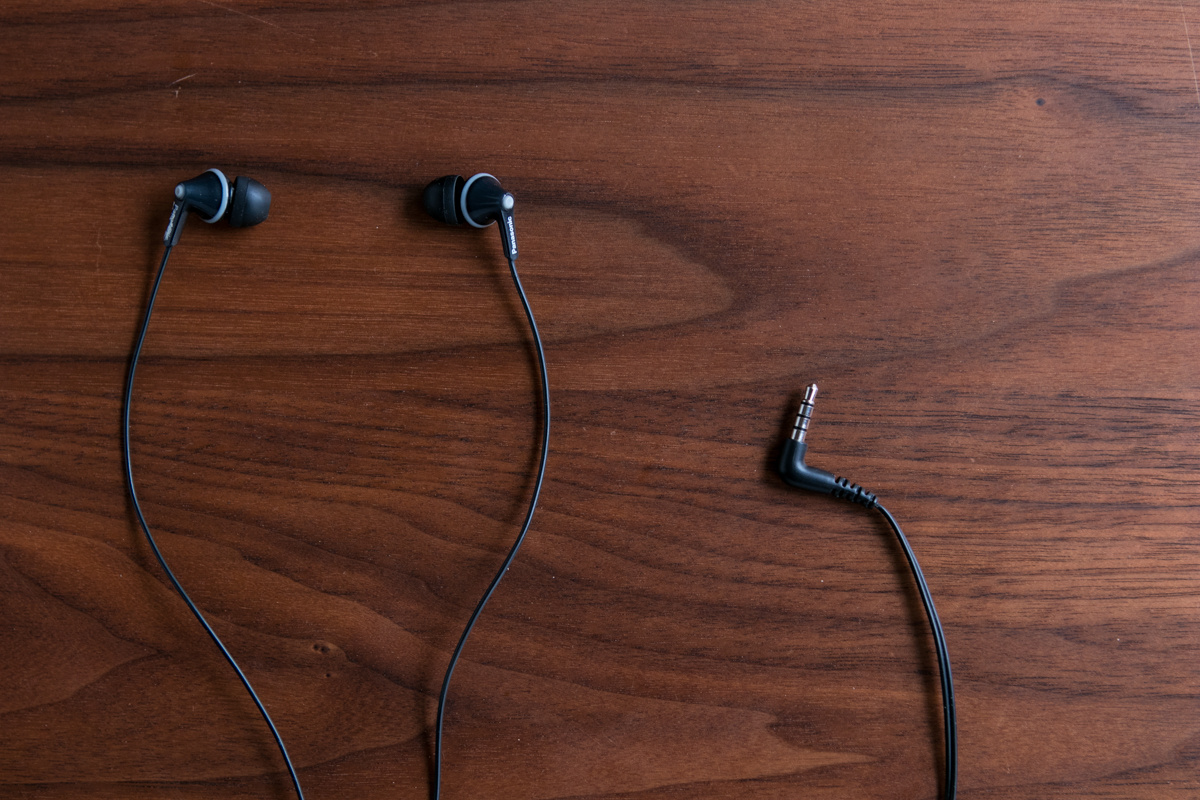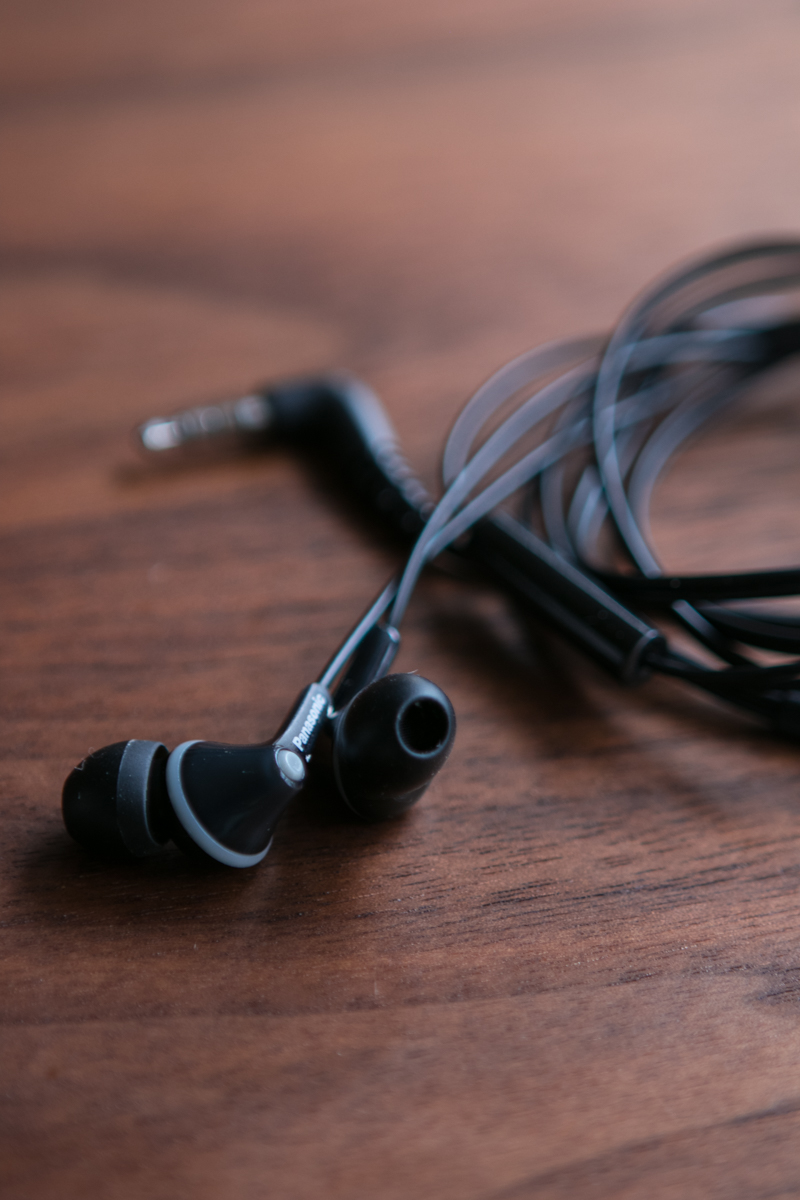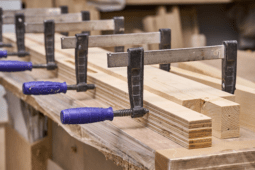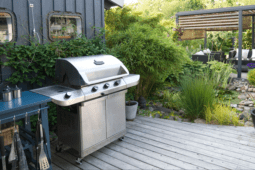How to Curate Your Podcasts So They Work for You
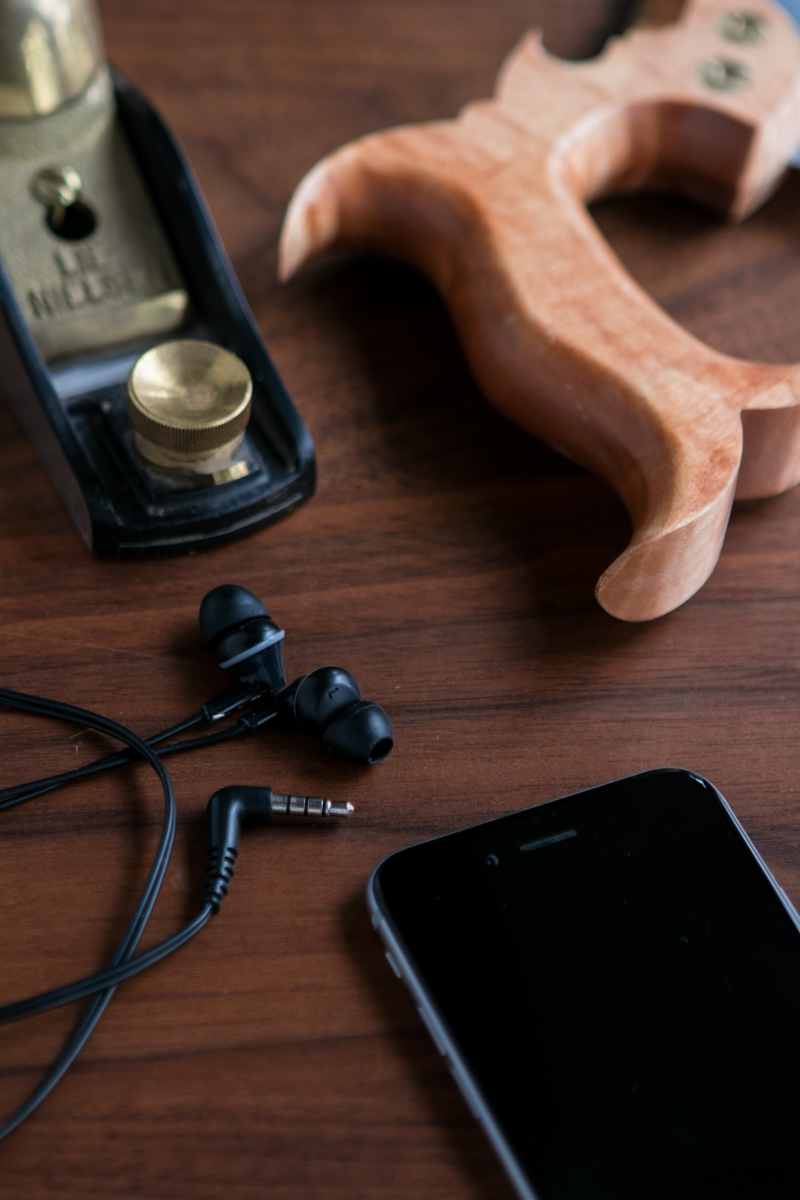
For me, getting into podcasts was like easing into a warm tub on a cold winter's day. At first it seemed uncomfortable and a little too much, and now I can't imagine getting out. I'm in deep. And it might be too deep if I hadn't worked out a way to take control back from the unending feeds of too many good shows. Liberation is possible when we take control of our own podcast destinies and create a program for how to listen––to make podcasts work for you, instead of sitting on your phone or computer like a homework assignment you dread to complete.
Whether you're loading up your podcatcher for the first time or are a seasoned pro, you're familiar with the mass of stuff available. The waves and waves of quality content, the extraordinary, out of the box topics, the brain-tickling, the heart-tearing, and the tear and laughter-inducing episodes that begin to fill your playlists can freeze you in your steps. Where should you even begin? So much of the digitally-controlled world is like this these days, as anyone who has fallen down a Tuesday afternoon Youtube hole knows. (Did I really just watch 3 1/2 hours of footage of Japanese ceramics making? Indeed, I did.) Podcasts come in so many varieties and touch on such a diverse range of subjects that you can find yourself quickly subsumed by the content.
The only way to possibly manage the flood of programming is to turn yourself into a curator of your own media atmosphere.
The concept of curation is usually a topic for producers of content––a way to bring a human touch to the mass of products and programs that live in the world. But no one knows you better than you. And curation is an important concept for all of us to internalize if we want to make the digital world work for us instead of always being at the mercy of a Twitter feed, Instagram updates, or a podcast lineup. Curation is a way of acknowledging that the most important variable in how you consume media is yourself. Curation is a way to step away from the proverbial “Library of Babel” with something useful and affirming, and not get lost in the stacks. Curation is freedom through digital self-control.
Of course, having said that, curation is also an intensely subjective process. What works for me may not work for you. Some of us are dedicated and unapologetic multi-taskers for whom a podcast would be a welcome accompaniment to projects and assignments. For others, you need real silence to get into certain kinds of audio input. So, by all means, find what works for you. But in the process of doing so, consider these suggestions for how you might organize your auditory diet.
1. Keep up with a daily podcast.
The daily podcast is a new-ish phenomenon, but it is a terrific way to keep in touch with the world without investing too much time. These shows are usually brief and exploratory, and they are a terrific resource to keep you plugged into the world without overwhelming you with content. If you are going to listen to only one thing podcast a day, this is the one to prioritize. Speaking from experience, it can be an important thread to keep you tethered to the rest of the world when your own projects and responsibilities pull at you. I usually listen to mine while I shower in the morning. But it would also make for a solid company alongside a bowl of cornflakes.
2. Subscribe to something to accompany your chores.
When I'm being responsible and my adulting is at peak levels, I probably spend 90 minutes a day (at least) cooking and doing dishes. Getting these tasks done on their own feels like a tall order, especially when it is 9pm on a Tuesday. However, when I have a new episode of Reply All to listen to, the chore becomes an opportunity to listen. With some shows, I ONLY listen to them while being productive with chores, leading to a glorious feedback loop––I get to hear Terry Gross's latest interview and I have a clean kitchen.
3. Interview shows are good for daily commutes and keep you up to date with what's going on in the world.
Not all podcasts are the same, and the scope of some of the best interview-based podcasts can be more demanding on the ears than others. Ezra Klein's extraordinary interview of Bryan Stevenson was too much to swallow while doing much else, and Marc Maron's interview of Obama demanded some serious attention. However, if you are one of the unfortunate Americans who has to commute an average 26 minutes to your job, your 52 minute roundtrip is an ideal time to soak into one of these deeper programs. (And if not, they do just as well as accompaniment on a trip to Costco/Home Depot/the library/wherever.)
4. Free yourself by identifying shows that you don't have to keep up with.
Being excited to listen to a podcast usually comes from the show being great, or the content of the episode being time sensitive. Where you are only dealing with a great show, but not one you have to get to quickly, there is a deep truth that we should all learn: it'll keep. You don't have to listen to it right away. After loving Malcolm Gladwell's podcast, “Revisionist History,” which premiered in 2016, I was very excited for its second season. But there was no rush to get to it, and when I made time to listen, I was able to enjoy it without feeling like I was only check it off the list. I feel like this strategy works especially well with maker-oriented shows, and anything that focuses on a specific subject––sometimes once I get into a groove with a show or subject, it's nice to binge.
5. Save continuous mini-series or other narrative shows for traveling.
In the last few years, the advent of the podcast “mini-series” has made the form ideal for telling a story over a few carefully produced episodes. These tend to be complex and detailed, with vivid characters, narration, details––basically what you expect from a great film or an engaging novel. These shows are absolutely ideal for long-distance road travel. If you travel by car a lot or if you have a specific road trip in your future, it is a perfect time to catch up on some of these unique shows.
6. Let podcasts be an arena for challenging yourself and broadening your horizons.
Podcasts can also be a great way to eat your proverbial vegetables. That is, they can really enrich your life by giving you a chance to hear about things you wouldn't normally. Speaking from my own experience, listening to podcasts is where some of the most eye-opening insights I've had in the last few years have come from. Once you come up with a way to work these shows into your routines and habits, it can serve as a medium to learn new things, adopt new perspectives, and get out of your own skin.

